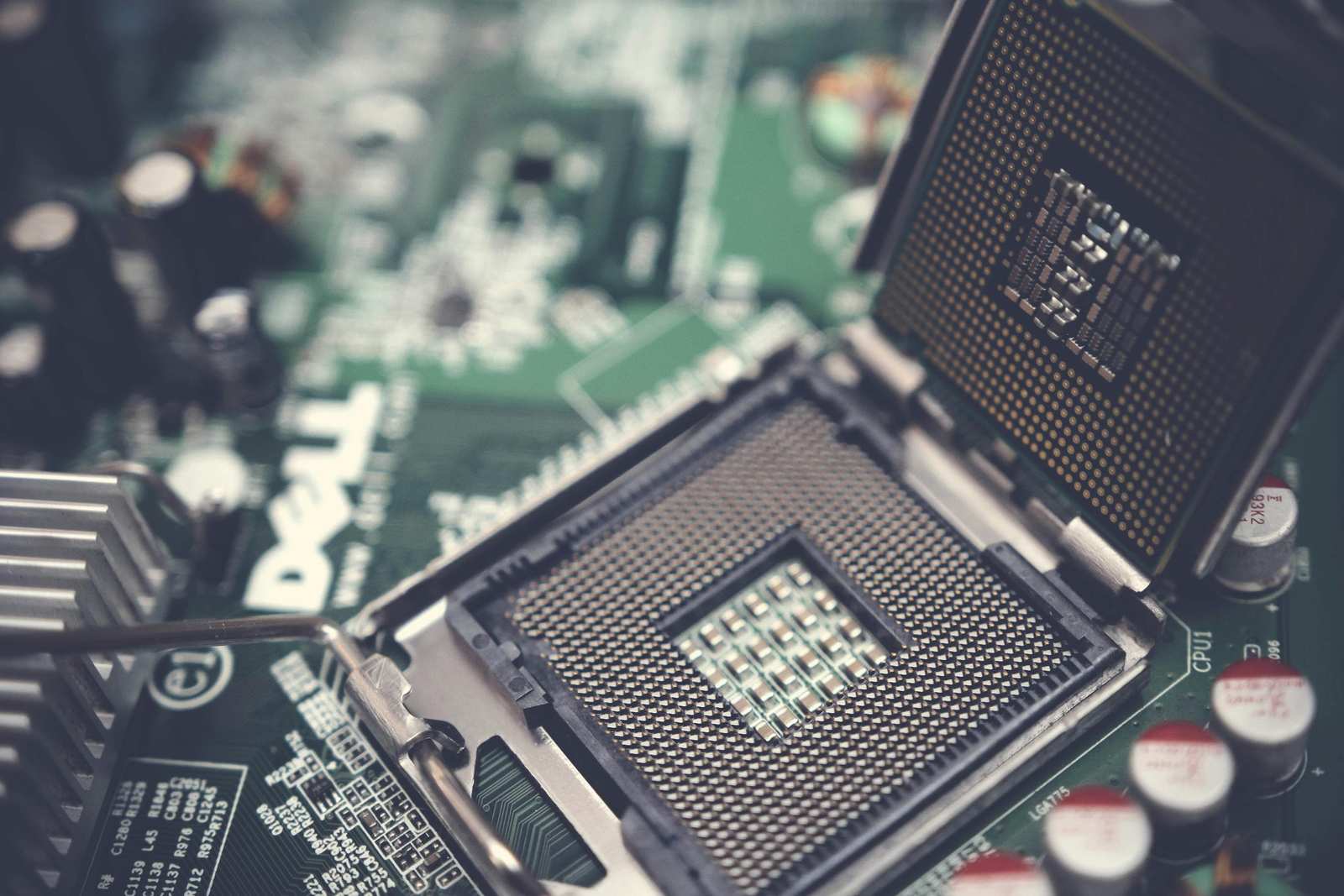
The Noida region is rapidly emerging as a major semiconductor manufacturing hub in India, thanks to significant investments from major players like the Hiranandani Group’s Tarq Semiconductors and HCL’s Varna Sundari Investments. With a combined investment of over ₹30,000 crore and strategic support from the government under the India Semiconductor Mission, these projects aim to create high-tech ‘fab’ facilities near Noida International Airport. This development is expected to generate over 30,000 jobs, bolster India’s semiconductor supply chain, and position Noida as a key player in the global semiconductor industry. The government’s capital subsidies and incentives further solidify the region’s role in India’s technological and industrial growth.
1. Introduction
India’s semiconductor manufacturing sector is on the brink of a transformation, with Noida emerging as a major hub for this industry. With multiple large-scale investments from leading companies such as the Hiranandani Group and HCL, the government aims to position Noida as one of the largest semiconductor manufacturing centers. This article explores the recent developments in the semiconductor manufacturing space in Noida, the key players, government support, and potential impacts on India’s economy.
2. Investment Proposals and Key Players
In recent announcements, two significant investment projects received approval from the Uttar Pradesh state cabinet:
- Tarq Semiconductors (Hiranandani Group): A proposed ₹27,000 crore investment aimed at creating a semiconductor ‘fab’ facility in Sector 28, near Noida International Airport.
- Varna Sundari Investments (HCL Group and Foxconn): A ₹3,700 crore project to establish another ‘fab’ unit in Sector 10, dedicated to producing driver integrated circuits (DDICs).
These initiatives also include partnerships with other semiconductor entities like Bharat Semi Systems Pvt Ltd and Kaynes Semicon Private Limited.

Project Highlights
| Company | Investment | Location | Job Creation | Facility Type |
|---|---|---|---|---|
| Tarq Semiconductors | ₹27,000 Cr | Sector 28 | 11,000 direct, 10,000 indirect | Integrated Circuit ‘Fab’ |
| Varna Sundari Investments | ₹3,700 Cr | Sector 10 | 11,000 direct, 10,000 indirect | Display Driver Integrated Circuits |
| Bharat Semi Systems | ₹2,350 Cr | Sector 10 | – | Infrared, Gallium Nitride & Silicon Carbide Manufacturing |
| Kaynes Semicon | ₹4,200 Cr | Sector 10 | – | Outsourced Semiconductor Assembly & Test (OSAT) |
3. Strategic Importance of the Noida Location
The Noida International Airport and surrounding areas are prime locations for these semiconductor plants, which offer logistical and infrastructural advantages. With close access to both air transport and industrial resources, this area is increasingly suitable for the high-tech manufacturing sector. As part of the state’s semiconductor policy, industrial land has been allocated to support long-term growth in the electronics sector, ensuring that Noida can sustain and support a large semiconductor supply chain.
4. Government Support and Incentives
Both central and state governments are actively promoting the semiconductor industry through incentives, subsidies, and streamlined approvals:
- Capital Subsidies: The state government provides capital subsidies to encourage large-scale investments.
- Additional Incentives: Under the India Semiconductor Mission (ISM) and Uttar Pradesh’s semiconductor policy, companies receive benefits for maintaining production levels and are assured of support for three years from their start date.

5. Comparison with Other Semiconductor Hubs
India’s semiconductor ecosystem is gaining traction, but it still competes with established hubs in other countries. Below is a comparison of Noida’s semiconductor hub with similar hubs worldwide.
| Factor | Noida, India | Taiwan | South Korea | USA (Silicon Valley) |
|---|---|---|---|---|
| Key Companies | Tarq Semiconductors, Varna Sundari Investments, Bharat Semi Systems | TSMC, UMC | Samsung, SK Hynix | Intel, AMD, NVIDIA |
| Job Creation | 30,000+ direct and indirect jobs projected | 100,000+ | 200,000+ | 250,000+ |
| Government Support | Capital subsidies, incentives from ISM | Tax incentives, R&D support | Capital investment, subsidies | Research funding, tax incentives |
| Technology | Focus on DDICs, ICs, and infrared chips | Advanced microchips | Memory chips, microchips | AI chips, microprocessors |

6. Benefits and Job Creation
The establishment of semiconductor manufacturing units in Noida is expected to have several positive impacts:
- Employment: An estimated 30,000 direct and indirect jobs are anticipated, covering a range of roles in production, research, and technical support.
- Technology Transfer: Partnerships with global tech firms will allow for technology sharing and innovation in chip manufacturing.
- Economic Growth: Increased investments and production in Noida will contribute significantly to the local economy, boosting various related sectors such as logistics, retail, and services.
7. Challenges and Future Prospects
Key Challenges
- Skill Shortages: High-tech industries like semiconductor manufacturing require skilled personnel, and meeting this demand could be challenging.
- Global Competition: Competing with established semiconductor hubs like Taiwan, South Korea, and the USA requires both innovation and cost-effective production.
- Environmental Concerns: Semiconductor manufacturing is resource-intensive and raises environmental concerns due to water usage and chemical waste.
Future Prospects
With increased investments, Noida is well-positioned to become a key player in the global semiconductor market. As demand for semiconductor chips continues to grow, further expansion and investments in the sector are expected.
8. FAQs
Q1: What is a semiconductor ‘fab’?
A semiconductor ‘fab’ (fabrication plant) is a manufacturing facility where integrated circuits are produced. These chips are used in a variety of electronics, including smartphones, computers, and household devices.
Q2: Why is Noida a strategic location for semiconductor manufacturing?
Noida’s proximity to the Noida International Airport and available industrial land makes it ideal for semiconductor manufacturing, offering easy logistics for import/export and access to major industrial hubs.
Q3: What government support is provided to semiconductor manufacturers in Noida?
The government offers capital subsidies, production incentives, and streamlined land approvals as part of the India Semiconductor Mission and state-level policies supporting the semiconductor sector.
Q4: How many jobs are expected from these new semiconductor projects?
The projects are projected to create over 30,000 jobs, including direct and indirect employment in the semiconductor industry and related fields.


